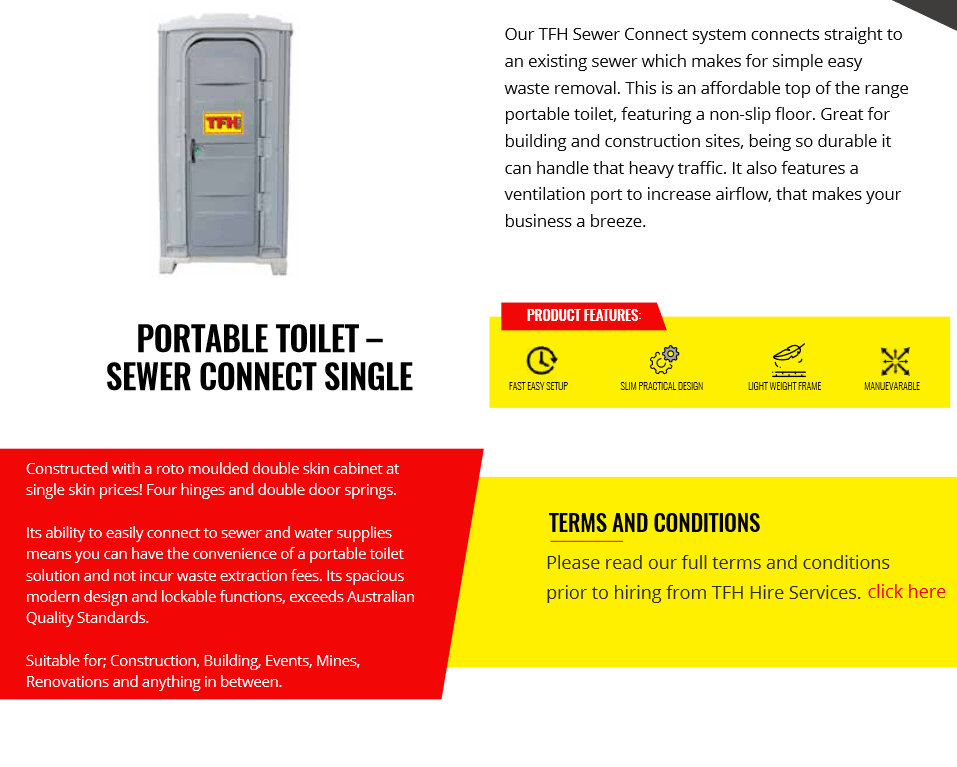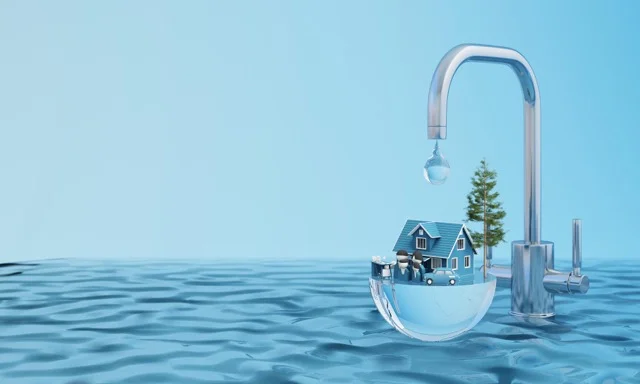All About Reclaim Waste
All About Reclaim Waste
Blog Article
What Does Reclaim Waste Do?
Table of Contents6 Easy Facts About Reclaim Waste DescribedHow Reclaim Waste can Save You Time, Stress, and Money.The Main Principles Of Reclaim Waste More About Reclaim WasteSee This Report about Reclaim Waste
Discover the types, events, and kinds of fluid waste. Domestic sewage waste refers to the waste and items from a household septic system. This type of waste is created by human beings in houses, institutions, and other buildings. This only includes sewage-disposal tanks that have a drain area. The proper administration and disposal of domestic sewage waste require liquid waste to be moved to a sewage treatment plant where the correct methods and equipment are applied to detoxify and throw away waste.
Industrial waste commonly includes potential hazards, such as flammable materials or a combination of fluid and solid waste products, and needs an advanced and thorough disposal process. The disposal of commercial waste commonly entails the purification of waste prior to transportation to make certain safe and proper disposal. Industrial waste is developed from results and drainage of commercial processes and production.
This kind of waste can not utilize the very same sewage monitoring transport or processes as septic or commercial liquids. The hazardous waste administration process calls for the assessment and screening of liquid waste prior to it undertakes the disposal procedure (liquid waste removal melbourne). Runoff waste is the fluid waste that comes from overflow and excess stormwater in highly populated locations or cities
Runoff waste can create contamination and flooding if not taken care of properly. Find out more regarding drain cleaning and waste monitoring. Ensuring appropriate waste administration can prevent catastrophes and minimize environmental injury. Both individuals in property settings and professionals in business or manufacturing sectors can take advantage of understanding the procedures and guidelines of liquid waste monitoring.
What Does Reclaim Waste Do?
Get in touch with PROS Services today to find out about our waste management and disposal solutions and the correct ways to take care of the fluid waste you generate.
(https://businesslistingplus.com/profile/reclaimwaste1/)Do you recognize what happens to your water when you draw the plug, purge the bathroom or drain pipes the cleaning maker? No? Well, it deserves knowing. This supposed 'wastewater' is not just a vital resource however, after treatment, will be launched to our land, rivers or the ocean. Utilized water from bathrooms, showers, baths, cooking area sinks, washings and commercial procedures is called wastewater.

water made use of to cool down equipment or tidy plant and tools). Stormwater, a kind of wastewater, is overflow that flows from agricultural and urban locations such as roof coverings, parks, yards, roadways, paths and rain gutters into stormwater drains, after rain. Stormwater moves neglected directly to regional creeks or rivers, eventually reaching the ocean.
Not known Facts About Reclaim Waste
In Queensland, most wastewater is dealt with at sewage therapy plants. Wastewater is transferred from residential or industrial websites via a system of drains and pump terminals, recognized as sewage reticulation, to a sewage therapy plant.
The Department of Natural Resources encourages local governments concerning managing, operating and keeping sewerage systems and therapy plants. In unsewered locations, regional federal governments may need owners to install private or family sewer treatment systems to deal with domestic wastewater from bathrooms, kitchens, restrooms and laundries. The Division of Natural Resources authorises the use of family systems when they are proven to be effective.
In some new communities, treatment of some stormwater to remove litter, sand and gravel has started using gross contaminant catches. Wastewater treatment takes place in four phases: Gets rid of solid matter.
Makes use of tiny living organisms understands as micro-organisms to damage down and remove staying dissolved wastes and great fragments. Micro-organisms and wastes are incorporated in the sludge.
The 45-Second Trick For Reclaim Waste
Nutrient elimination is not readily available at all sewage therapy plants since it calls for pricey specialist tools. Clear liquid effluent produced after treatment might still include disease-causing micro-organisms - industrial wastewater treatment.

A lot of wastewater flows right into the sewage system. Under the Act, local federal governments administer authorizations and licences for ecologically relevant activities (Ages) including wastewater releases that could have a regional impact.
Unknown Facts About Reclaim Waste
Otherwise, samples are taken for research laboratory evaluation. Typically browse around here lots of tests are needed to establish the degrees of each of the different contaminants such as oils, heavy metals and pesticides in water. Tracking supplies valid details about water top quality and can validate that licence problems are being satisfied. The information obtained through monitoring offers the basis for making water high quality choices.
Report this page